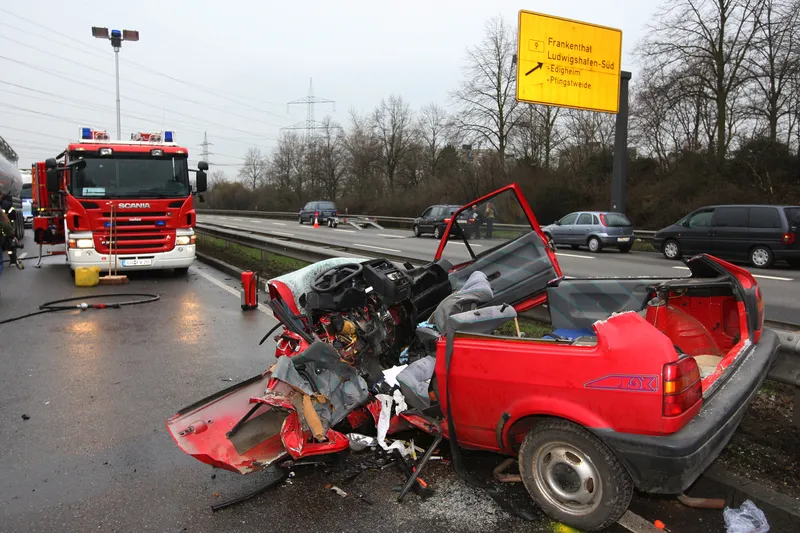Ford's industry-exclusive rear inflatable seat belts - one of the 2011 Explorer's breakthrough safety innovations that helped nearly triple the vehicle's March sales - earned the 2011 Traffic Safety Achievement Award from the New York International Auto Show's World Traffic Safety Symposium.
May 16, 2012
Read time: 1 min
In everyday use, rear inflatable belts operate like conventional seat belts, including compatibility with infant and child safety and booster seats. In the event of a frontal or side crash, the increased diameter of the inflated belt more effectively holds the occupant in the proper seating position, helping to reduce the risk of injury. The inflated belts help to distribute crash force energy across up to five times more of the occupant’s torso than a traditional belt. This expands its range of protection and reduces risk of injury by diffusing crash pressure over a larger area, while helping provide additional head and neck support. Following deployment, the belt remains inflated for several seconds before dispersing its air through pores in the material.








